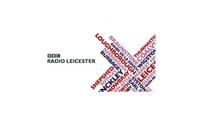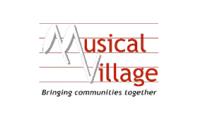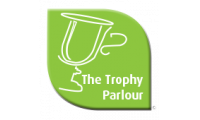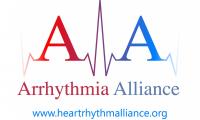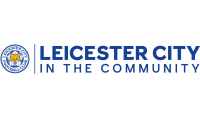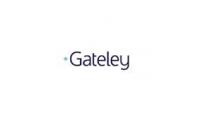Arrhythmia |
An abnormal heart rhythm |
Cardiac |
Matters of the heart |
Cardiac Arrest |
No pulse, death imminent |
Defibrillator |
A public access defibrillator is an easy to use machine, seen frequently in public places, which provides an electric shock to the heart during cardiac arrest. The machine talks to you to tell you what to do. If a shock is delivered within 8 minutes of cardiac arrest, there is a higher chance of survival. |
ECG |
An ECG is a recording of the electrical working of the heart, which takes a couple of minutes to do, and involves sticking 12 leads on the chest and wrists and ankles. The ECG is abnormal in 80% of people with a disease which may cause SADS. The machines are common in hospitals and GP surgeries. |
Genetic |
Inherited conditions, ie. run in families in blood relatives |
Ischaemic Heart Disease |
Narrowing of the arteries, common in older people, and caused by high blood pressure, smoking, high cholesterol. Other words for this are 'atherosclerosis' or 'arteriosclerosis'. |
Classification of Causes in Medical Terms
- Structural Heart Disease (SCD)
- Cardiomyopathies (HCM, DCM, RCM, ARVC)
- Myocarditis
- Congential heart disease (abnormal valves, chambers or anomalous coronary arteries, from birth)
- Marfan's Conduction Diseases
- WPW
- Re-entrant pathways Ion channelopathies (SADS)
- Long/short QT syndrome (natural or iatrogenic)
- Brugada
- CPVT (Catecholaminergic Polymorphic Ventricular Tachycardia)
